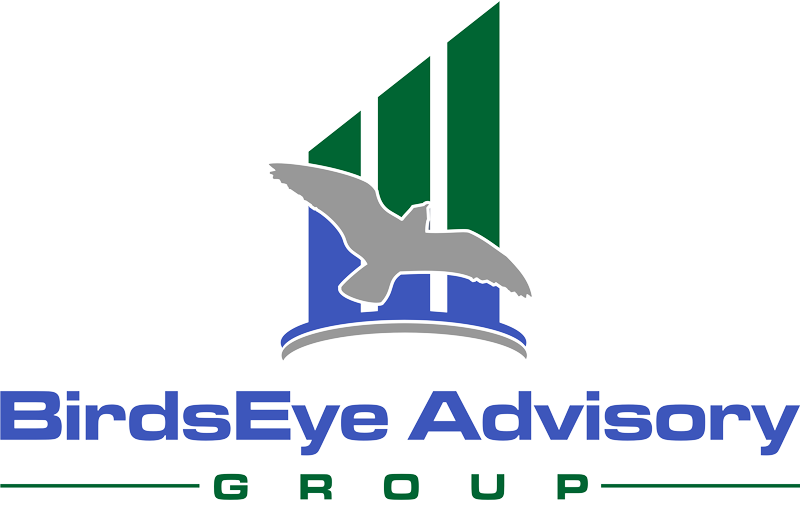by Carol Frank and Craig Lawson
Growth through acquisitions has become more prevalent in recent years as business owners view this tactic, among other things, as a way to increase revenue without a significant increase to overhead. In investment bank speak, this is known as creating “synergies.” In other words, if you acquire a pet company whose products will sell into your existing customers and sales channels, you are effectively buying their gross margin and perhaps assuming a small amount of overhead. But costs such as rent, accounting or other professional fees, administrative staff, and even sales expenses may be all but eliminated as you fold the business into your infrastructure. If this sounds appealing, then perhaps you are interested in becoming a “strategic buyer.”
What does a strategic buyer need to know before pursuing an acquisition? Here are a few key lessons that we have learned over years of helping companies grow through acquisitions:
Ensure the Target is truly interested in an exit. Stories abound of buyers working on a deal for months and months, only to have the seller change their mind at the last minute. While there is no way to guarantee this won’t happen, having probing and meaningful conversations at the beginning of the process will mitigate the risk of the Target changing their mind at the eleventh hour. Once you’ve identified a willing Target, learn as much as you can about their reason for wanting to sell, what they plan to do post-sale, and their valuation expectations.
Discover the Target’s valuation expectations early on. Related to the last aforementioned point, ferreting out the Target’s price expectation early in the conversation will prevent a great deal of wasted time and resources. Several years ago, we consulted with a well-known pet company to help them grow through acquisitions. We identified a list of over 100 companies that met their criteria, but 75+% of the time our client’s valuation expectation did not align with the Target’s valuation expectation. While our client was willing to pay fair market value for the right business, as the Targets had a different view of valuation, getting a deal done proved exceptionally challenged.
Similar products will result in the greatest cost savings. If you manufacture dog treats and you acquire a toy company, not only will the manufacturing processes be completely different, but likely the category buyers you call on will be different as well. This is why durables companies (toys, collars, leashes, beds, etc) usually acquire other durables companies and why consumable companies (treats/food/supplements) generally acquire fellow consumable companies. Central Garden & Pet’s acquisition of K&H Manufacturing and Whitebridge Pet Product’s acquisition of Dogswell as good examples of this dynamic.
Sloppy accounting records can result in additional work for the buyer.
While it’s hard to believe, there are multi-million-dollar pet companies that do not have professional accounting records. We’ve seen deals fall apart because the seller was not able to produce accurate books that the buyer could use to evaluate the business. Questions to ask at the onset: What system is used to keep their accounting records? Do they have a professional accountant prepare monthly or quarterly financial statements and how far back do they go?
Spend as much time as necessary evaluating the Target’s customer relationships. In many cases, the most appealing aspect of a potential acquisition is the key customer relationships. Have you been trying to get into Petco or Petsmart but have been unsuccessful? Perhaps you are strong in pet specialty and have a plan to expand into the FDM (food/drug/mass) channel but don’t have experience in entering that market. Acquiring an existing business that is strong in the channels you are not could result in the placement of your current products into the new sales channel. But before paying a strong market multiple for this Target, make sure that the relationship they have with the coveted customer(s) is solid and stable. How do you diligence a customer relationship? The ideal situation is to speak to the category buyer(s) at the retailer(s) in question. Many acquirers will put this requirement into the Letter of Intent (LOI) as one of the last steps in the due diligence process before closing. If the Target will not allow this, look at the month-by-month sales to the customer for the last 12-24 months and look for any patterns of decline. In addition, go into the retailer in question and talk to the sales people about the product line and carefully review any existing contracts.
Hire the Right Advisors. The acquisition process will run more smoothly if you bring in a team of experienced M&A advisors to help you. Your team should include an investment banker, an M&A attorney, and an accountant. The right team will more than pay for themselves by preventing you from paying too much for the Target, from putting your firm at legal and financial risk, and by ensuring that the books/records of the Target are accurate.
Carol Frank of Boulder, CO, is the founder of four companies in the pet industry and a Managing Director with BirdsEye Advisory Group, where she advises pet companies in M&A transactions and Exit Planning. She is a former CPA, has an MBA, is a Certified Mergers and Acquisitions Advisory (CM&AA) and holds Series 79 and 63 licenses. She highly values and incentivizes referrals and can be reached at cfrank@birdseyeadvisory.com.
Craig Lawson is a co-founder and managing director at MHT Partners and has more than 25 years of sell-side and buy-side experience. He brings deep experience with consumer products and co-leads MHT’s Consumer/Retail industry practice, with a particular focus on the pet industry. Prior to co-founding MHT Partners, Lawson served as a senior banker in the San Francisco office of Harris Williams & Co, Banc of America Securities and Bear Stearns. He holds an MBA from The Wharton School at the University of Pennsylvania and graduated with a BA from Tufts. He also holds the CFA designation. Lawson can be reached at clawson@mhtpartners.com.

